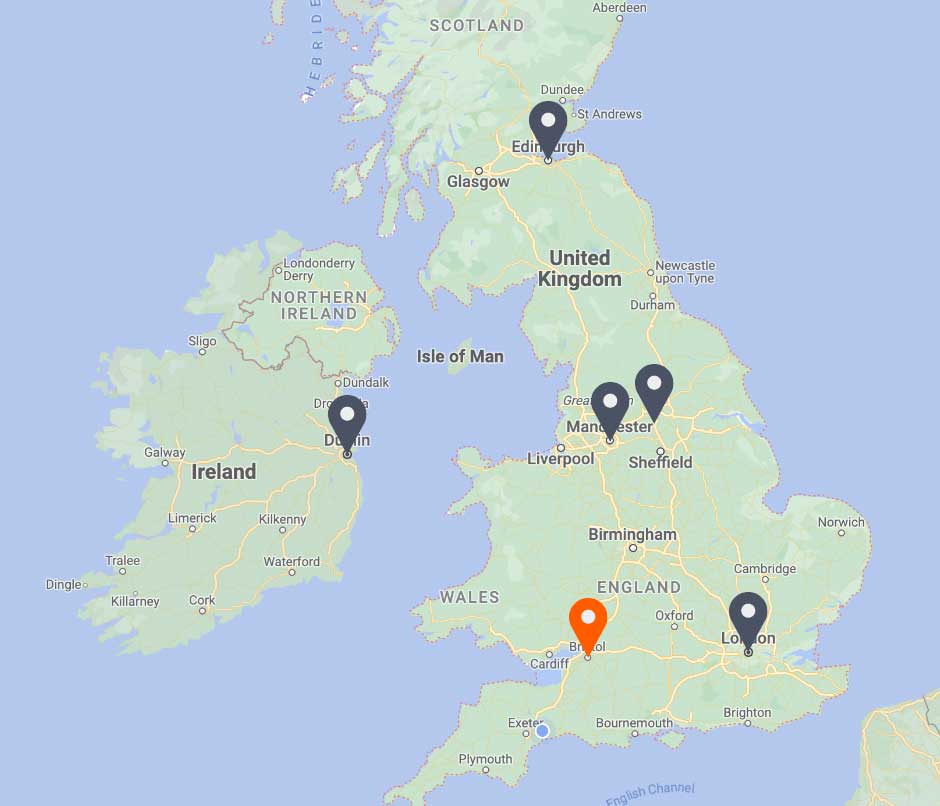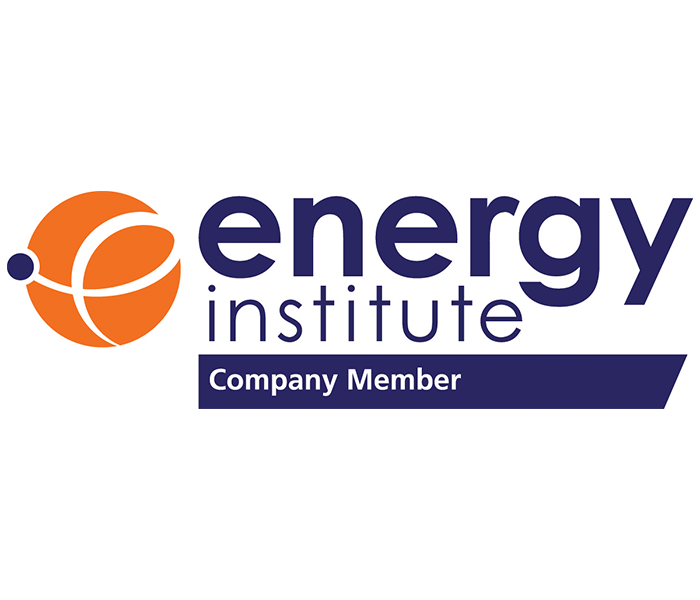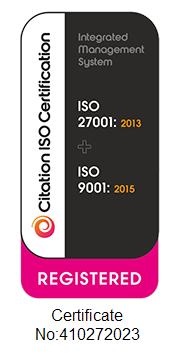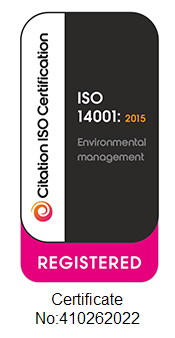THIS ARTICLE AT A GLANCE
CONTACT ETS
If you have any questions or would like to discuss further what you should be doing, ETS is here and willing to help.
Call 0117 205 0542
Email enquiries@energy-ts.com
Submit a contact form
CHECK OUR SERVICES
Building Resilience for Extreme Weather with ETS Solutions

Unprecedented effects of climate change are on the rise and in evidence, where extreme heatwaves and wildfires have occurred in Southern Europe within the last week. This year, summer in the UK has been warmer so far compared to last summer, with June temperatures being at an all-time high. However, this July, it has shown polarizing weather patterns with rain and grey clouds as opposed to the 40C heatwave in Southern Europe. Despite this, the Met Office has not ruled out that the UK could also experience a heatwave in the coming weeks. Whilst the heatwave can be deemed favorable for some people, with a trip to the beach or taking on outdoor activities, it poses a grave threat to businesses and their occupants.
Businesses need to prepare for unprecedent weather patterns like heatwaves as it can rapidly overwhelm internal conditions of a business asset; particularly if the asset is not well equipped with architectural or technological advancements such as building optimization and designs, BMS controls and energy-efficient HVAC technologies. If it is done correctly, a well-regulated internal condition can improve occupancy and minimize health risks. Additionally, businesses can reap financial benefits where it can help reduce energy costs, operating costs, and maintenance costs. Therefore, it is crucial for businesses to optimize the building performance and energy efficiency of their asset.
Commonly, businesses have uncontrolled and unlocked HVAC controls within their assets which allows anyone to control HVAC parameters to their liking at any time. However, this could be costly and destabilize internal conditions if it is mismanaged. For example, one system is trying to cool the area to reach 20C whilst the other is trying to heat the area to 22°C. Thus, it is imperative to integrate HVAC units with the BMS or consider implementing a BMS strategy where the system has the same control parameters. Failure to do so, could lead to local AC units fighting the centralized heating system, resulting in occupants complaining or as far placing the occupant’s health at risk. There are multiple long-term benefits to BMS controls, however it serves most effective during extreme weather conditions like a heatwave because occupants will not be accustomed to the scorching weather and will profusely demand businesses to operate within comfortable internal conditions.
Final thoughts
At ETS, we take a data-driven and technological approach to help enhance efficiency and control with BMS and automation. With the use of legacy systems and tailored smart solutions, our Automation Controls provide a holistic service from design and specification, installation, and commissioning, to maintenance and seasonal tuning.
Related Article
8 Ways Businesses Can Reduce Energy Use in the Workplace This Winter
Discover how to comply with ESOS Phase 4 and unlock energy-saving opportunities for your business. This guide explains the requirements, highlights key deadlines, and provides actionable strategies. Learn how energy audits, tailored action plans, and expert support can reduce costs, improve efficiency, and align your organisation with sustainability goals.
ESOS Action Planning: Complying with Phase 4 and Implementing Energy Saving Strategies
Discover how to comply with ESOS Phase 4 and unlock energy-saving opportunities for your business. This guide explains the requirements, highlights key deadlines, and provides actionable strategies. Learn how energy audits, tailored action plans, and expert support can reduce costs, improve efficiency, and align your organisation with sustainability goals.
Important Update: What You Need to Know about ESOS Phase 3
Time is ticking for the ESOS Phase 3 deadline. The Environment Agency announced that the reporting system is available now. For organisations qualifying for ESOS Phase 3, the deadline for submitting a compliance notification is 5 June 2024, and organisations should still look to meet this compliance notification deadline where possible.










































































